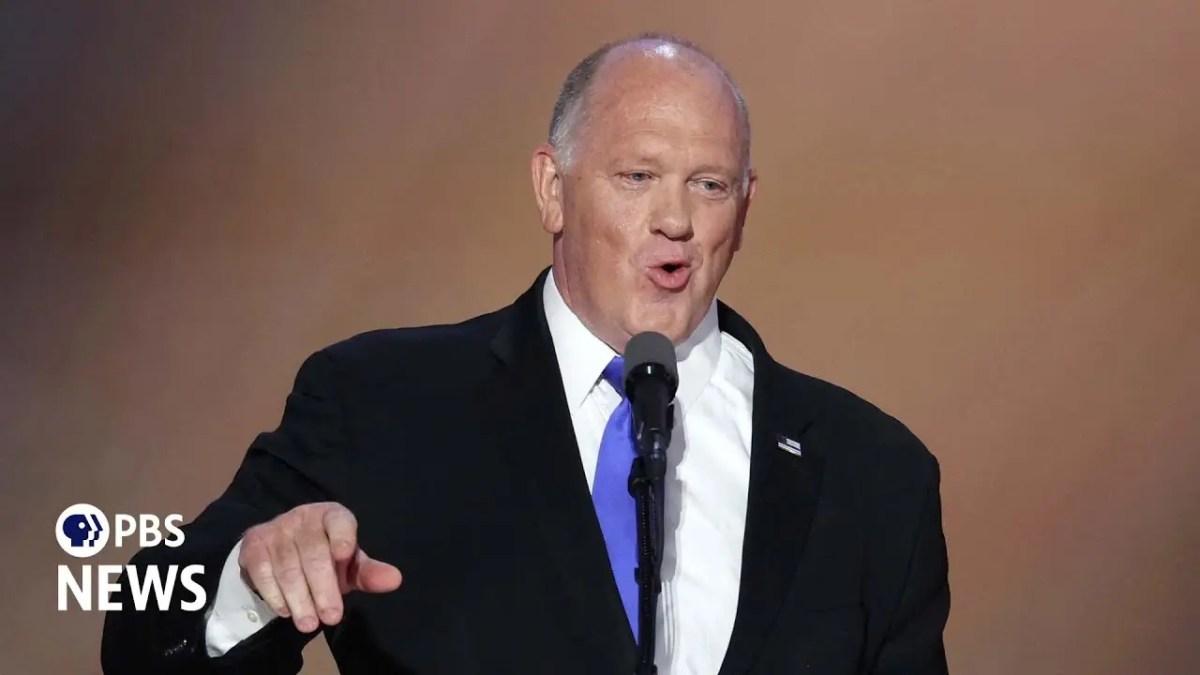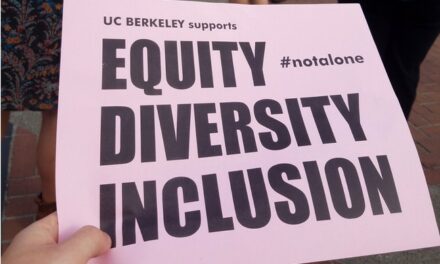We support our Publishers and Content Creators. You can view this story on their website by CLICKING HERE.

Tom Homan, tapped by President-elect Donald Trump to serve as his border czar, has announced plans to take a tough and transparent approach to immigration enforcement.
Speaking at a fundraiser in Naples, Florida, on Sunday evening, Homan detailed his strategy for tackling illegal immigration, including weekly White House briefings to update the public on arrests and deportations.
Homan, a former acting director of Immigration and Customs Enforcement (ICE), will assume his new role when Trump is inaugurated on January 20.
He emphasized his commitment to enforcing immigration laws “without apology” and keeping voters informed about the administration’s progress. “There needs to be a weekly White House press briefing on exactly who we’re arresting and who we’re saving, who we are putting in jail, who we are deporting, so the American people know we’re true to our word,” Homan stated.
He stressed the importance of transparency and indicated that his background as a Fox News commentator made him well-suited for the task.
Homan also pledged to end the controversial “catch-and-release” policy, under which asylum seekers are released pending court appearances due to insufficient detention capacity. “It will be sad. It will be controversial. It will be emotional,” Homan acknowledged, anticipating media backlash.
Homan outlined three priorities given to him by Trump: securing the southern border, launching a large-scale deportation program, and locating 300,000 undocumented children who have gone missing within the United States.
Addressing logistical challenges, Homan noted that scaling up deportation operations would require additional resources. “We have limited facilities, but we’re gonna do everything we can with what we have,” he said.
He called on Congress to act quickly on funding, suggesting that $86 billion would be a strong starting point to cover the costs of beds and operations.
Homan explained the complexities involved in deportation, particularly for individuals from countries reluctant to accept their nationals. “Say someone is illegal. Let’s say he’s a criminal. He’s convicted of murder, originally from El Salvador,” he said. “I can’t put him on an airplane on day one. You gotta detain him long enough to get travel documents, get landing rights. El Salvador has to admit that it’s their national. That takes a few days to a few weeks. So I need beds.”
Homan revealed that discussions are already underway to find alternative destinations for migrants from countries unwilling to repatriate them.
While declining to name specific countries, he confirmed that negotiations had begun ahead of Trump’s inauguration.
Reports have previously mentioned Turks and Caicos, Panama, and Grenada as potential destinations, though some nations, including the Bahamas, have ruled out such agreements.
Guatemala has expressed tentative openness to housing deportees, according to Reuters.
Homan noted that this approach mirrors efforts in other nations, such as the United Kingdom’s deal with Rwanda to house refugees.
However, such plans often face legal challenges, as demonstrated by the American Civil Liberties Union’s opposition to a similar Trump-era proposal in 2019.
Homan pointed to the November elections as evidence that voters support stricter immigration enforcement.
A recent J.L. Partners poll for DailyMail.com found that the border crisis ranked as the second most important issue for voters, trailing only inflation.
As Homan prepares to take on his new role, he remains focused on implementing what Trump has called the “largest deportation in history.”
With Congress now under pressure to allocate resources for these initiatives, the success of the plan may hinge on swift legislative action. “This is what the American people want,” Homan said. “Give us the money we need, and we’ll get it done.”

 Conservative
Conservative  Search
Search Trending
Trending Current News
Current News 





